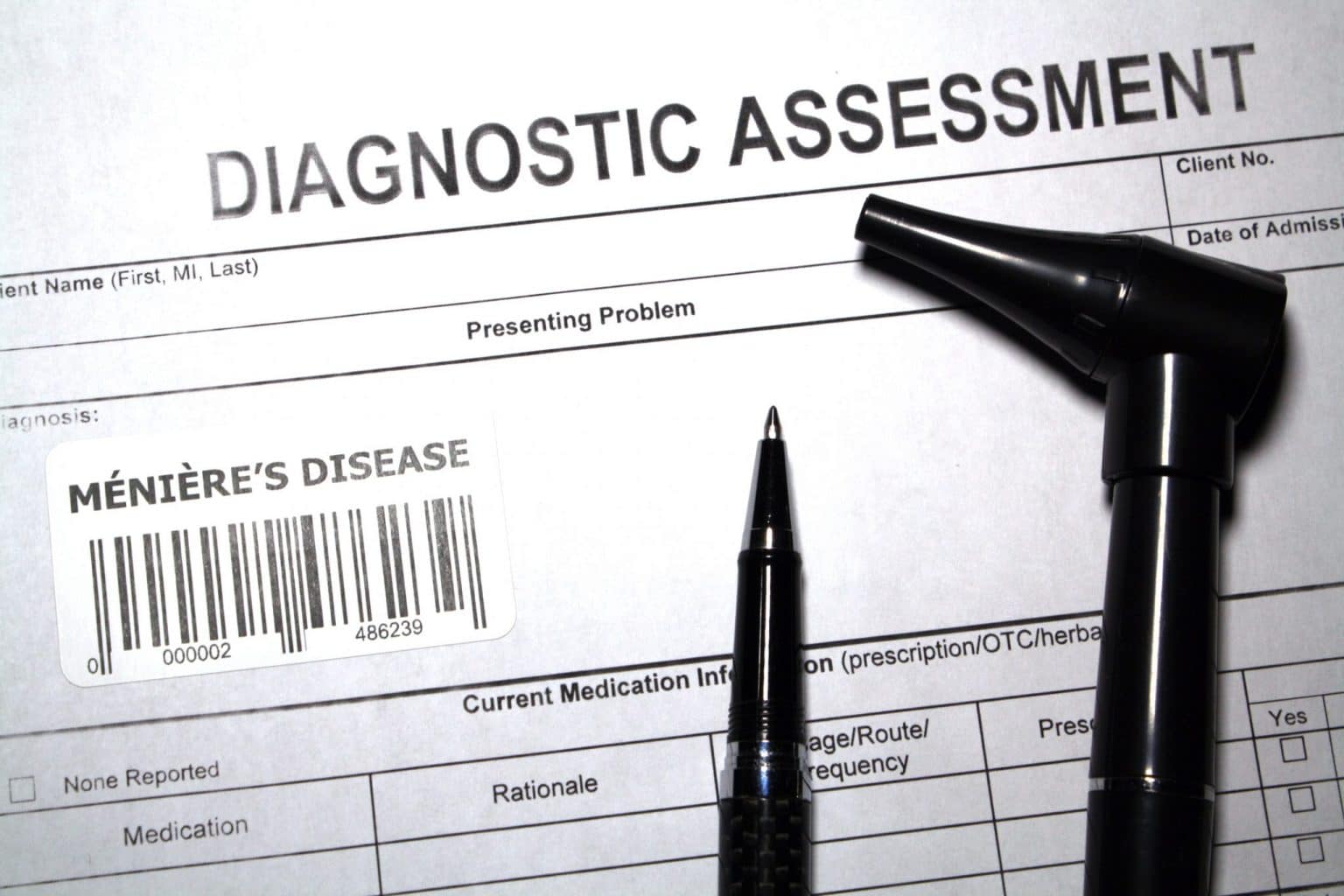Ménière’s disease is an inner ear disorder that causes fluctuating hearing loss, tinnitus, vertigo and fullness or pressure in the ear. It is the result of excess fluid in the inner ear. There is no cure for Ménière’s disease, but various strategies can help you manage your symptoms.
What Causes Ménière’s Disease?

The exact cause of Ménière’s disease is unknown. It may likely be associated with a dysfunction of the endolymphatic sac, an organ responsible for regulating fluid volume and pressure in the inner ear. Various theories point to circulation disorders, viral infections, head trauma, allergies, migraines and obstructions of the ear canal as possible causes.
What Are the Symptoms of Ménière’s Disease?
People with Ménière’s disease suffer from progressive attacks that often have warning signs in advance. These include loss of balance, dizziness, headache, increased hearing loss or tinnitus, sensitivity to noises and pressure in the ear. During the attack, you may experience episodes of severe vertigo, fluctuating hearing loss, fullness in the ear, and tinnitus. These symptoms may include anxiety, blurry vision, nausea, vomiting, trembling, rapid pulse and diarrhea.
Afterward, exhaustion often sets in, leading to an increased need for sleep. Attacks may be brief, lasting for as little as 20 minutes, or may persist for as long as 24 hours. Their frequency is unpredictable and sporadic; they may occur several times a week, or as little as once every few years. Due to the unpredictable nature of this disease, it’s impossible to tell just how much it will affect your life.
How Is Ménière’s Disease Diagnosed?
Because the symptoms of Ménière’s disease resemble those associated with other conditions, we will need to perform hearing and balance tests to make a diagnosis. An audiogram will show hearing loss in the low tones, a key indicator of Ménière’s disease. In some cases, imaging scans or blood tests are required.
How Is Ménière’s Disease Treated?
Medical options for treating Ménière’s include motion sickness and anti-nausea medications, diuretics, an antibiotic called Gentamycin, and oral or injectable steroids. These, coupled with a low-sodium diet, can help prevent dizziness or reduce the severity of attacks. Other lifestyle remedies include limiting caffeine, alcohol, chocolate and monosodium glutamate from your diet; drinking six to eight glasses of water per day, quitting smoking, avoiding allergens and reducing stress and anxiety.
When medications don’t work, you may benefit from vestibular rehabilitation exercises to improve balance. Hearing aids will help treat hearing loss associated with Ménière’s. Individuals who cannot find relief from other treatments may have success with surgery. Effective procedures include an operation to drain fluid from the inner ear, nerve surgery to eliminate dizziness, preserve hearing and a labyrinthectomy to control dizziness.
Call Cape ENT & Cape Hearing Center at (302) 703-4025 for more information or to schedule an appointment.